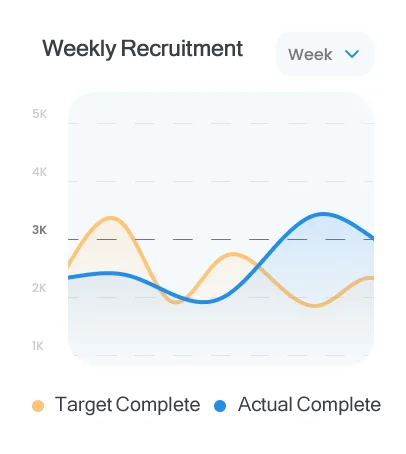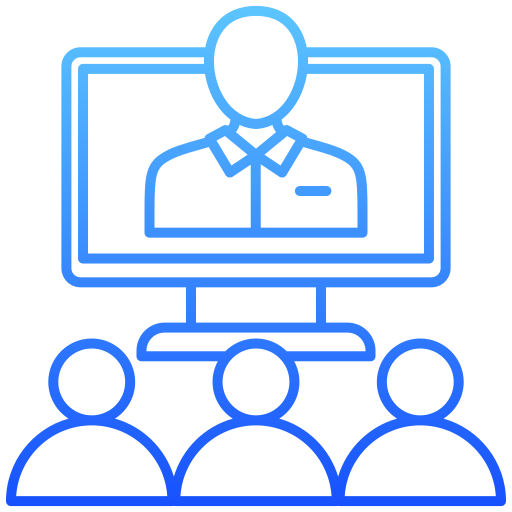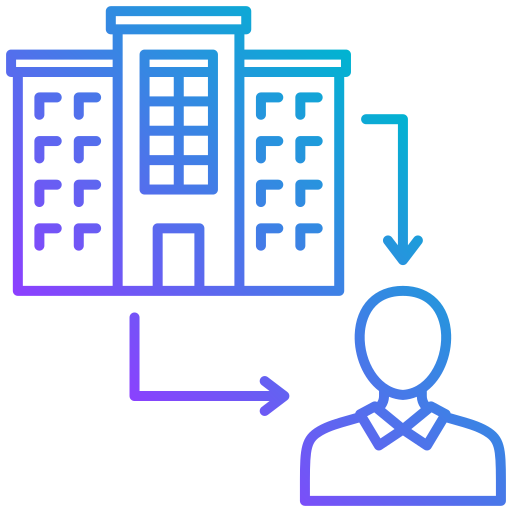B2B Digital Recruitment
When Real Insights matter
There are different ways to gather data on key opinion leaders and decision-makers in the B2B space. Digital research participant recruitment can add a significant impact on your research project.
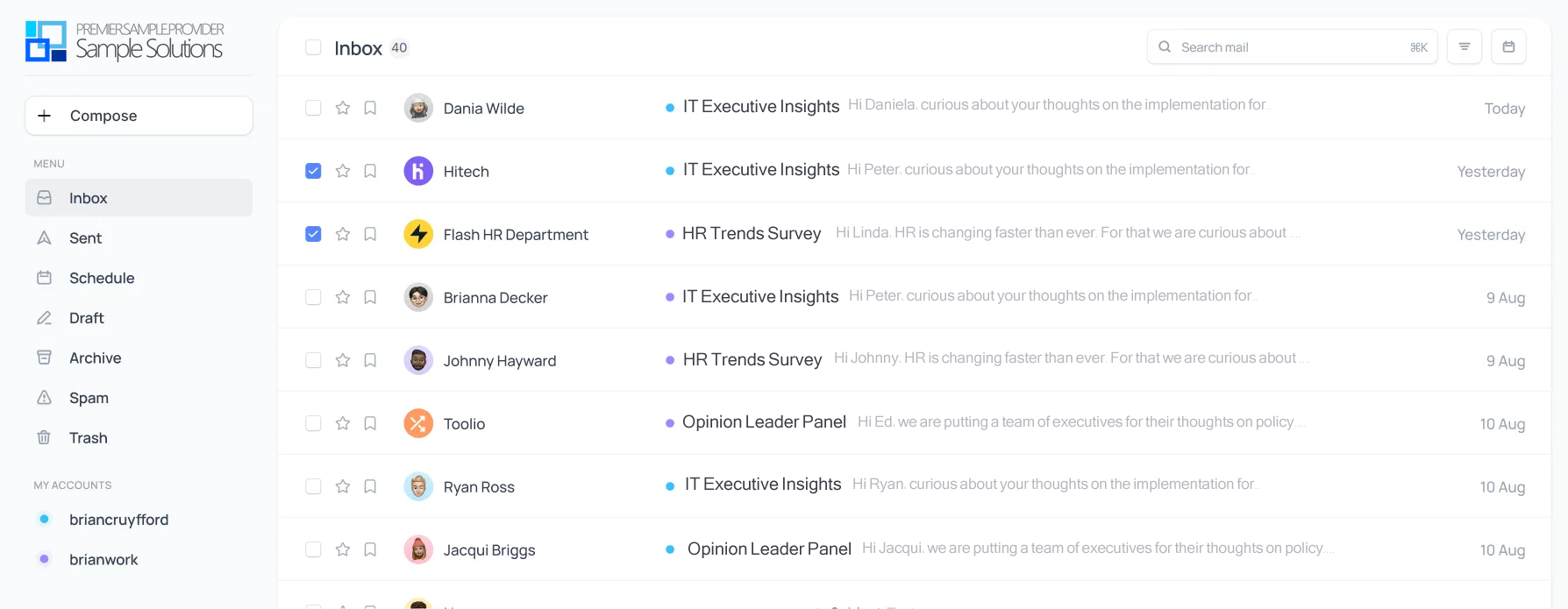
Years of Excellence
Customer Satisfaction
B2B Projects per year
Why B2B Digital Recruitment
With the change in data collection towards hybrid, it’s important to implement data collection modes that fetch potential survey respondents at their preferred space. This could be online or offline, mobile or landline, LinkedIn or WhatsApp.
The Sample Solutions Method
Sample Solutions provides B2B digital recruitment of research participants from 6 different channels and the option to invite respondents to a full survey, pre-interview, a landing page, or a calendar booking page.
Target Groups
B2B Target audience that can be sampled
Various B2B audiences can be sampled using digital recruitment. These audiences can be sampled either stand alone via digital outreach or via push to CAWI.
Policy Shapers
Local and regional politicians that have an impact on policy processes and new legislation.
Key Opinion Leader
B2B Key Opinion Leaders that have certain area of expertise.
IT Manager
Key decision managers on the implementation of enterprise and corporate solutions.
Sampling Channels
From offline to online providing a unique Mixed-Mode
The digital recruitment can be used as a standalone digital recruitment where the respondents are pushed to the survey. Alternatively, it is possible to combine it with a ‘push to appointment’ or ‘push to CAWI interview’.
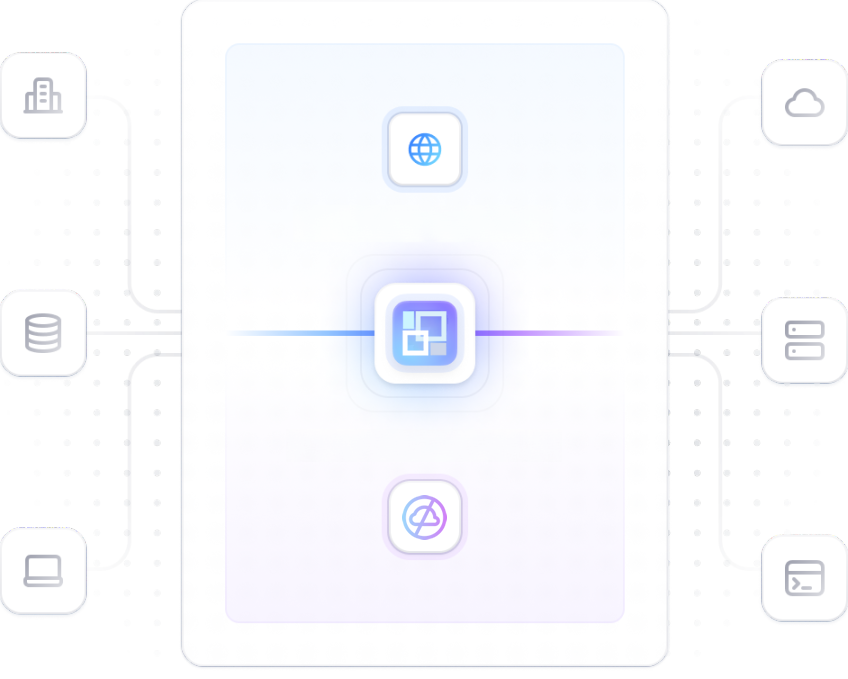
Recruitment Campaigns
Smart Recruitment
The B2B Digital Recruitment makes use of hyper-personalized recruitment campaigns for your qualitative or quantitative research project. The Recruitment campaigns use over 35 selection parameters and usually cover more than 2 different channels to recruit for your online survey.
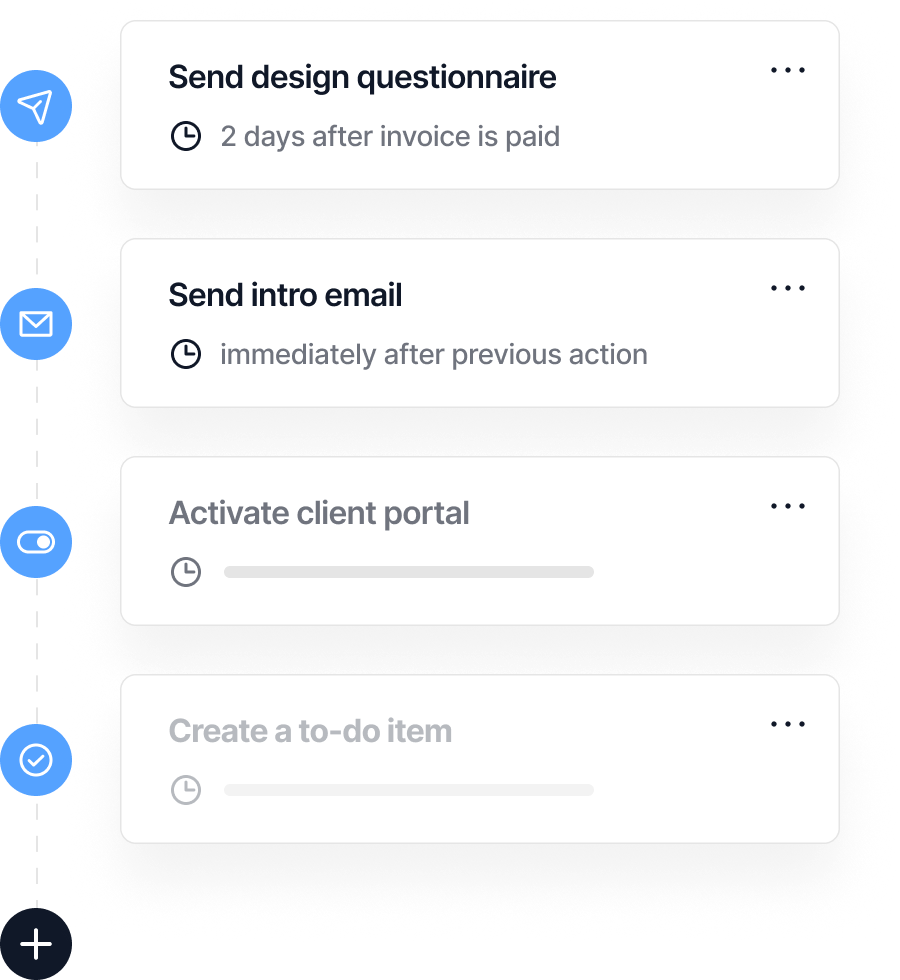
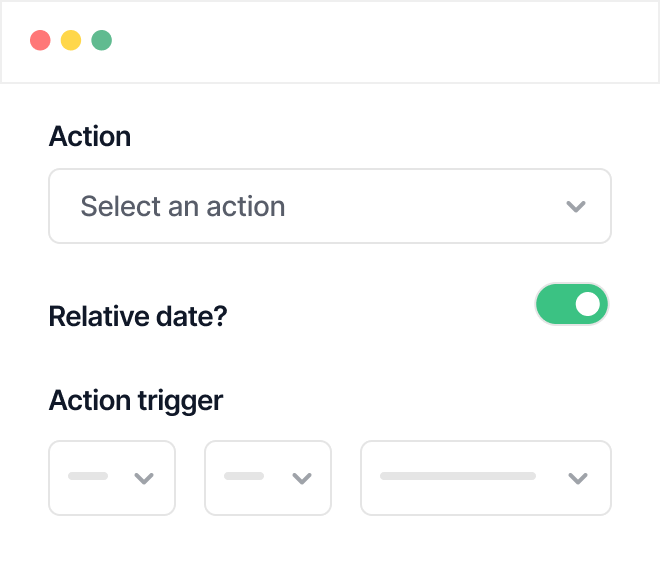
We have wrapped up sampling projects with the likes of:






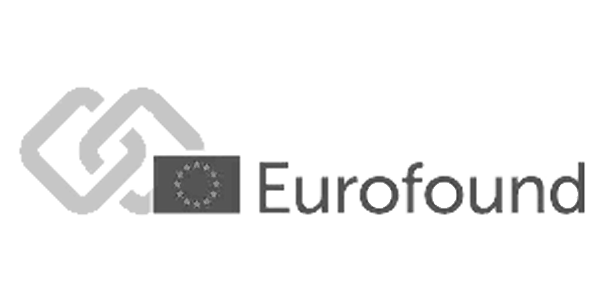
Reporting
Get Real Insights into your Digital Recruitment
All the B2B digital recruitment projects come with custom dashboards that show the activity and recruitment rate together with live data.
This helps to predict the needed volumes and whether quotas can be achieved. Potentially allowing for other channels to be added.

